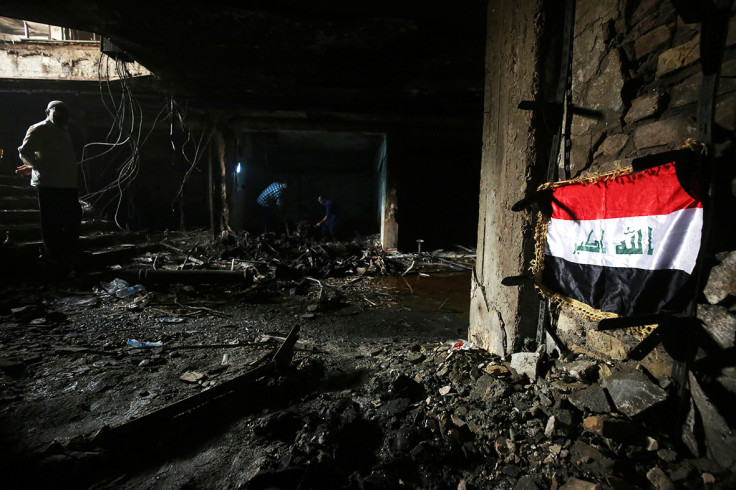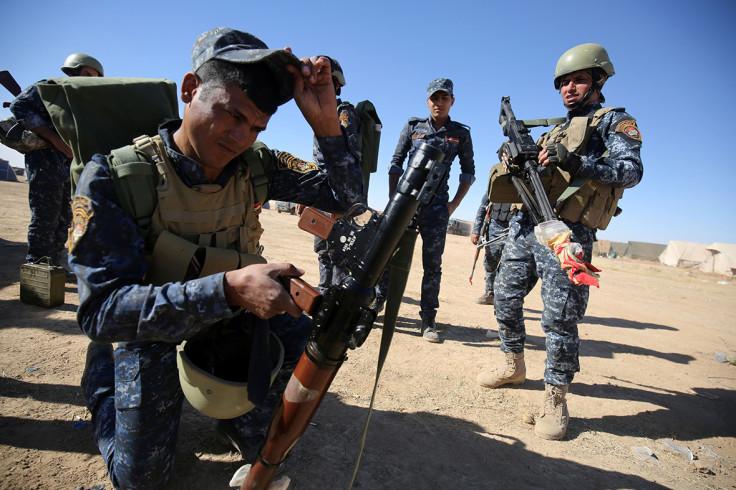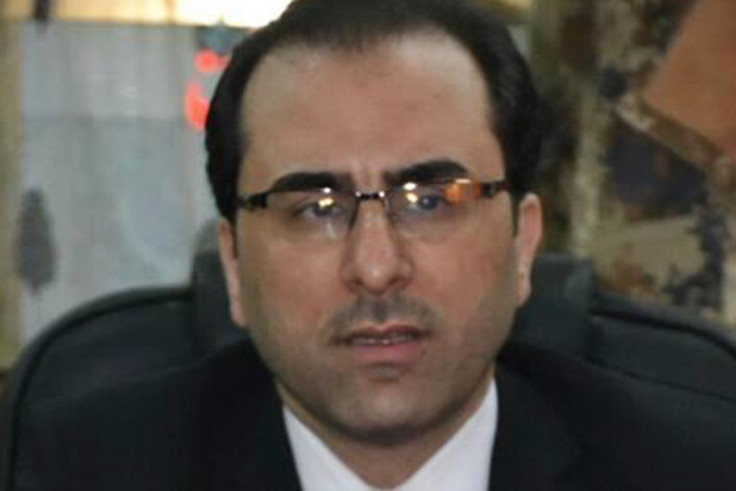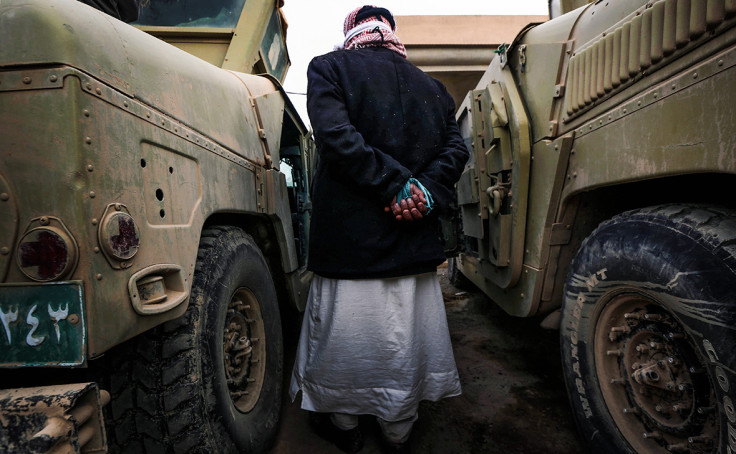Iraq braces for bloody insurgency after Isis jihadis are forced from their Mosul stronghold
Acting Iraqi Interior Minister Aqeel al-Khazali expects suicide attacks in major Iraqi cities

Iraq is bracing itself for a new phase of warfare as the Islamic State (Isis) loses its grip on Mosul and targets Iraqi cities and civilians in a bloody campaign of deadly suicide attacks.
Acting Interior Minister Ageela al-Khazali told IBTimes UK that while Iraq looked close to collapse in the summer of 2014 – when IS first seized Mosul – Iraqi forces had all but triumphed over the terrorist group on the battlefield.
But the minister added the government of Prime Minister Haider al-Abadi now had to work to combat the next phase of the IS threat.
In Mosul, Khazali said the the defence and intelligence services were expecting sporadic gunfights to erupt after the city, Iraq's second largest, had been liberated.
"In the future we are expect street wars and street fighting in Mosul," he said.
Khazali said that IS was likely to retreat into Iraq's mountainous areas after its defeat in Mosul and launch an insurgency against government forces.
"They will launch a strategic war, because of Iraq's geographical position. Particularly in mountainous areas, they will plan strategically to engage in guerrilla warfare," he said.
IBTimes UK reporter Callum Paton travelled to Iraq to report on its developing war against Islamic State and the challenges it faces as the militant group's defeat appears imminent.
He visited Iraq's southern Shia heartlands including the cities of Najaf, Karbala and Kufa. He also interviewed officials in the capital Baghdad and visited the cities of Samarra and Tikrit, previously on the front lines of the battle against Isis.
IBTimes UKreporter Callum Paton travelled to Iraq to report on its developing war against Islamic State and the challenges it faces as the militant group's defeat appears imminent.
He visited Iraq's southern Shia heartlands including the cities of Najaf, Karbala and Kufa. He also interviewed officials in the capital Baghdad and visited the cities of Samarra and Tikrit, previously on the front lines of the battle against Isis.
Other articles in the series chronicling the state of Iraq include:
Inside Samarra: Iraq's holy city that has withstood a decade-long Isis and al-Qaeda onslaught
Christian militia taking on Isis: 'They burned our churches, desecrated our monasteries'
Muslim leaders join international delegation to uncover harsh reality of Isis in Iraq
They used to be jailed for losing games - now Iraq's players want to bring football back home
Shia families told 'don't weep for our martyrs' as fathers and sons die in holy war against Isis
In Khazali's office in Iraq's vast Ministry of Interior, there can be little doubt the department is on a war footing. Normally photographed in a suit and tie, the acting minister is wearing immaculate, pressed green fatigues. Under Khazali's predecessor the security forces at the disposal of the Interior Ministry were militarised to unprecedented levels. Sixteen thousand specialised police officers now fight alongside the armed forces.
"The Iraqi government has found that the Ministry of Interior has the capability of engaging in war and is much more powerful than the Iraqi forces. In the course of the last eight months we have put together and formed an federal police division of 16,000 and we have trained them especially and have engaged and participated the Saladin and Anbar operations," the minister said.

Mosul has presented the newly formed units' largest challenge. Khazali explained police under his command had been charged with securing a 65km square area of Nineveh Province and the Iraqi city, held by IS for over two years.
Direct confrontation with IS is only a small proportion of the ministry's challenge in dealing with the threat posed by the militants. "Suicide bombs and [improvised explosive devices] are our biggest challenge," Khazali said, explaining Isis had not just killed thousands of Iraqi civilians using car bombs and suicide attacks, but that the militants had also used the tactics to inflict devastating casualties during combat with the Iraqi forces.

The minister said for the foreseeable future IS would still look to carry out catastrophic attacks of the kind seen in Baghdad's Karrada district in July 2016. Three hundred were killed in the truck bomb blast, the deadliest terror attack in Iraq since the US-led invasion of Iraq in 2003. "They will not end," Khazali said of suicide bomb attacks on urban centres.
The blast in the Iraqi capital cost Khazali's predecessor Mohamed al-Ghabban his job. The former Minister of Interior resigned his post amid the soaring casualty numbers. Two days after the attack Ghabban said remaining in his position was untenable given the widespread failure of the security apparatus to protect civilians under his watch.
Ghabban called for Prime Minister Abadi to carry out dramatic reforms of the country's security in his resignation statement. It is an indication of the political crisis facing the Iraqi government that despite fighting a two-year-long war against the Islamic State, Abadi has been unable to appoint permanent interior or defence Ministers to implement any such reforms. The former Defence Minister Khaled al-Obeidi was impeached by parliament in August 2016 over accusations of corruption.

Abadi's government, which has been plagued by accusations of corruption and mismanagement, finds itself for the time being riding on a wave of some small goodwill following victories against IS. Whether it can capitalise on those victories is its next challenge.
"We are living among the victories of the Iraqi army right now," Khazali said. He added that the emergence of paramilitary forces in 2014, following a Fatwa by Iraq's Ayatollah Sistani, to counter the IS advance had redressed a defeatist attitude prevailing in Iraq at the time. "The fatwa is what has protected this land, or otherwise this land would have collapsed," said Khazali.
- Callum Paton travelled to Iraq courtesy of the Ramadhan Foundation in the UK and the Shrine Al-Ataba Al-Husayniya in Iraq.
© Copyright IBTimes 2025. All rights reserved.






















